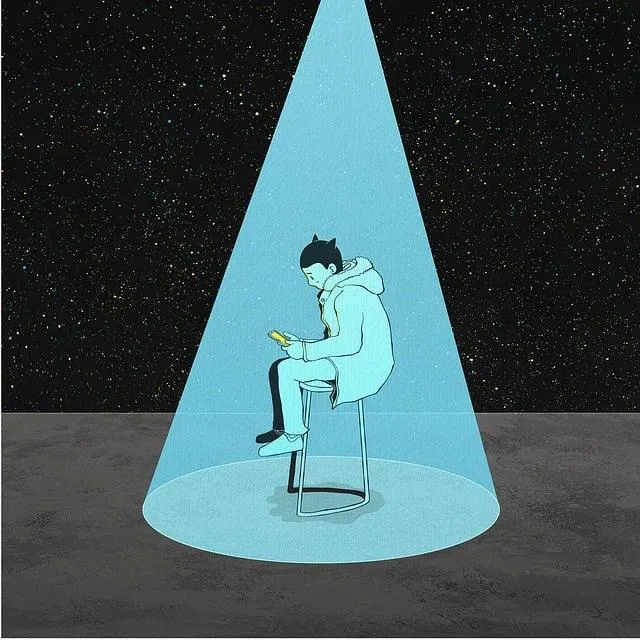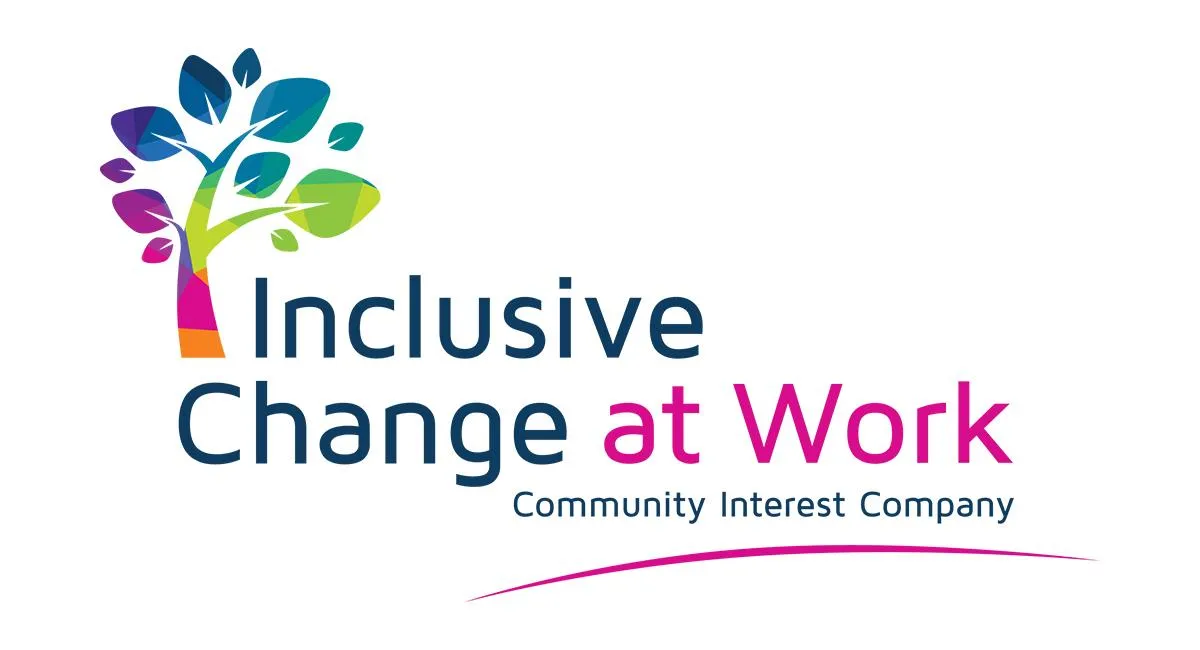Read our Blog
Find out more about our work & team
Learn more about neurodiversity

Loneliness & Technology: A Complex Relationship
Loneliness and Technology: A Complex Relationship
Loneliness is a growing issue, particularly among young people. While it can stem from negative social experiences or self-imposed isolation, research has linked loneliness to risky behaviours such as increased smoking, drug use, and alcohol consumption. The rise of technology and social media has further complicated this issue—while it can contribute to social isolation, it also offers solutions for staying connected. In this article, we explore the key facts about loneliness, its impact on young people, and how technology can both exacerbate and alleviate feelings of isolation.
How Loneliness Affects Young People

Loneliness is not just an emotional experience; it has serious psychological and physical consequences. Studies show that prolonged loneliness can lead to:
Increased stress and anxiety
Depression and other mental health challenges
Higher risk of engaging in risky behaviours such as smoking, drug use, and alcohol abuse
Negative effects on academic performance and career development
Young people are particularly vulnerable to these effects as they navigate crucial developmental stages. Social connections play a vital role in shaping their identity, self-esteem, and future opportunities.
The Impact of COVID-19 on Loneliness
The COVID-19 pandemic significantly increased feelings of loneliness, particularly among younger individuals. Studies found that:
50.8% of people aged 16-24 reported feeling lonely, compared to 30.9% of the general population (Stickley et al., 2014).
The UK Office for National Statistics found that young people aged 16-24 were the loneliest of all age groups during the pandemic.
Social distancing measures, lockdowns, and the shift to online learning limited face-to-face interactions, intensifying feelings of isolation and disconnection.
Technology as a Solution for Social Isolation
For many young people, technology has served as a lifeline during times of social isolation. Digital tools have allowed individuals to stay connected, maintain friendships, and access support networks despite physical barriers. Key benefits include:
Building and maintaining friendships through social media and gaming platforms.
Continued social and educational participation, especially for those with chronic illnesses (Yeo & Sawyer, 2005).
Online mental health support through apps, forums, and virtual therapy sessions.
ICT-Based Interventions: Breaking Barriers
Strategic interventions using Information and Communication Technology (ICT) have the potential to combat loneliness effectively. Research has shown that:
ICT-based mental health solutions can overcome geographic and socioeconomic barriers, making support accessible to more people.
Digital tools support youth development, including identity formation and transitions in school and career (Hurmat Ali Shah & Mowafa Househ, 2024).
Personal Experience: Technology as a Social Connector
Technology isn’t just a risk factor—it can also be part of the solution to loneliness and social isolation. During the COVID-19 lockdown, for example, many young people turned to online platforms to maintain friendships and cope with social distancing.
For me, the game Among Us became a crucial tool for staying connected. My friends and I organized large game sessions where we engaged in social deduction, deception, and teamwork, creating an exciting and engaging way to interact. The game’s social nature helped us sustain friendships and share moments of joy, even when we couldn’t meet in person.
This experience highlighted how, when used thoughtfully, technology can foster meaningful social connections and provide emotional support during challenging times. While it’s important to be aware of the risks associated with digital platforms, it’s equally essential to recognize their potential as a force for good in combatting loneliness.
Final Thoughts
Loneliness is a significant challenge, especially for young people, but technology can play a dual role—both as a contributor to social isolation and as a tool for connection. By leveraging digital platforms responsibly, individuals can reduce feelings of loneliness, maintain meaningful relationships, and access crucial support systems. Whether through social media, gaming, or virtual communities, technology has the potential to bridge the gap between isolation and connection when used wisely.

A Journey of Neurodiversity Advocacy and Change
Read Lucy Smith's story through an interview with Golden Valley.
Lucy talks about how she became an advocate for neurodivergent people, what drives her to try and make changes for neurodiverse employees and how her own personal experiences with her neurodivergent family have shaped her views and direction in life.

Women in the Middle® Entrepreneurs:
EP #52: Sharing the Positives About Neurodiversity with Lucy Smith.
Suzy Rosenstein, a master life coach, hosts a podcast called Women in the Middle Entrepreneurs, a podcast where these important conversations about the intersection of being a midlife entrepreneur who's also a woman 50 plus can happen.
Coaching & Virtual Assistant Support
Enhance your professional skills and productivity with our coaching and virtual assistant services, designed to empower you in the workplace.
Mentoring
Connect with experienced mentors who will guide and inspire you on your journey to success, providing valuable insights and support along the way.
Work Support
Benefit from personalised support in various aspects of your work life, ensuring a conducive and inclusive environment for your growth and progress.
Interview Support
Prepare for interviews with confidence and poise, with our interview support services aimed at helping you showcase your talents and abilities effectively.
Inclusive Change At Work CIC
Bradbury House
Wheatfield Road
Bradley Stoke
Bristol
BS32 9DB
Companies House: 13271923
ICO registration: ZZB293922
UK register of Learning providers
UKRLP: 10090653

Facebook
LinkedIn
X
Instagram